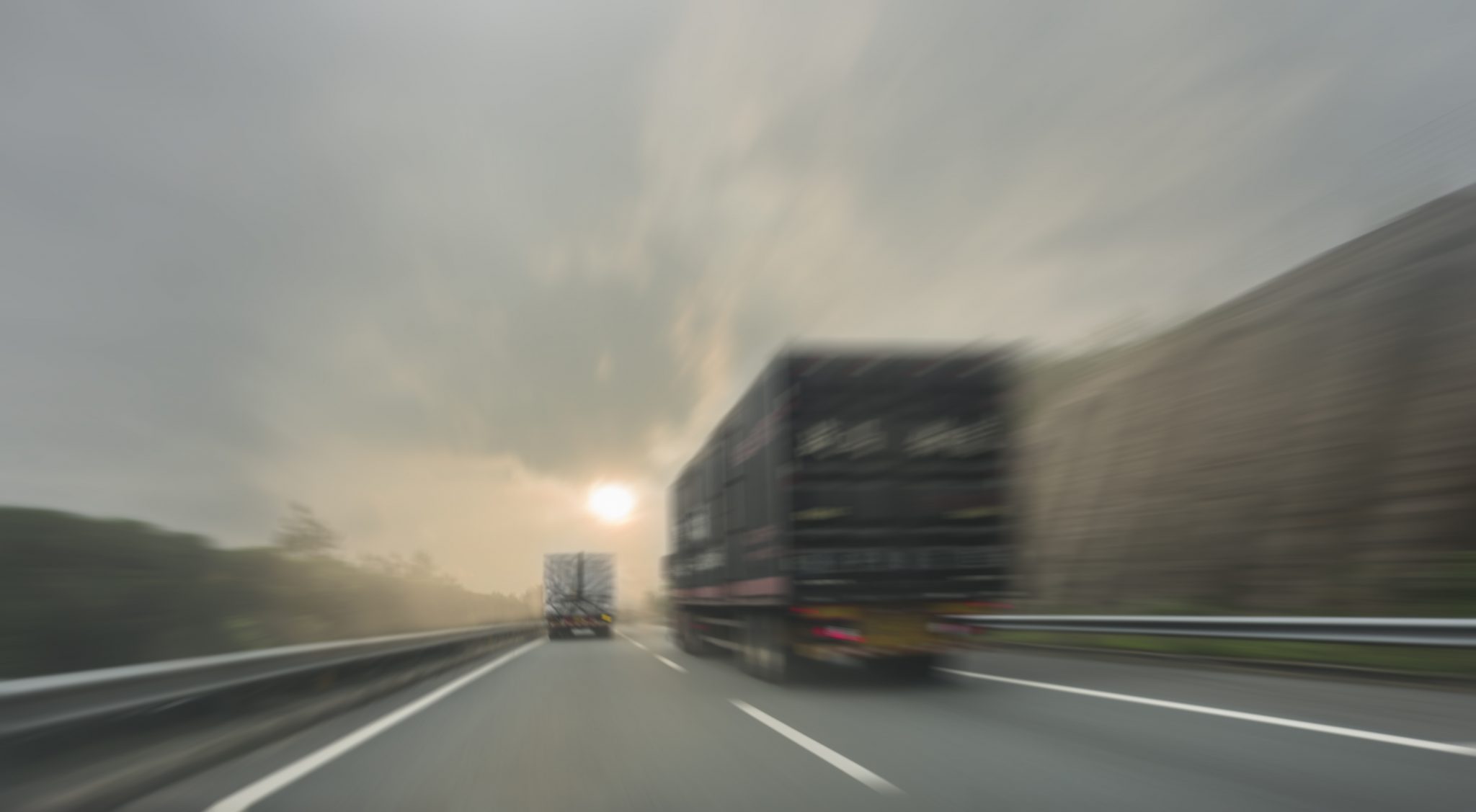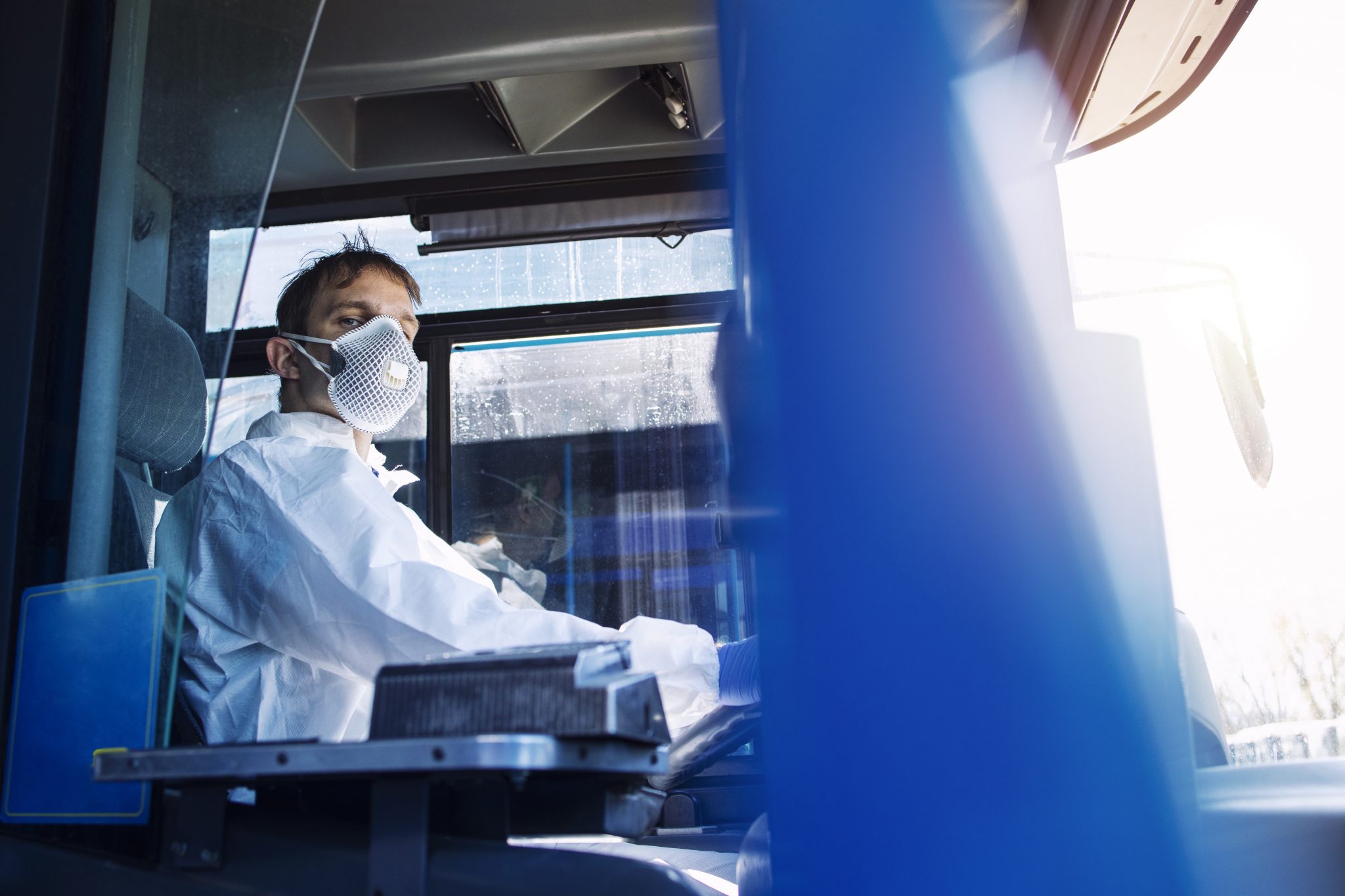- WE’RE HERE TO HELP 24/7
- 800.586.5555
How COVID-19 Affects Workers in the Florida and the United States

The Effects of the COVID-19 Pandemic on Personal Injury Cases
July 16, 2020
Why Are Commercial Truck Accidents in Florida So Dangerous?
July 16, 2020How COVID-19 Affects Workers in the Florida and the United States

As a worker in the United States, you are always entitled to a safe workplace, whether there’s a nationwide pandemic happening or not. Coronavirus has impacted virtually every aspect of our lives, and employers are expected to do more than just prevent injuries in the workplace. They also must adhere to social distancing guidelines and cleaning protocols to minimize the spread of COVID-19.
Many workers are wondering if they risk termination by refusing to go to work during the pandemic, or worry they have no recourse if their employer doesn’t seem to be taking the health risks of COVID-19 seriously.
Getting Help for an Unsafe Workplace During the COVID-19 Pandemic
If your manager at work thinks coronavirus is all some hoax and is refusing to let employees social distance or wear masks, report the situation to the Florida Health Department. They’ve set up a COVID-19 specific website that includes contact information for a 24/7 call center.
You can also contact the United States Department of Labor Occupational Safety and Health Administration (OSHA) to file a complaint. OSHA has established an array of standards and directives that should be implemented at your place of employment.
If your employer is ignoring these guidelines or not taking the necessary steps to ensure compliance, report them to some government health and safety organization that can make an official note of it.
Should you or another employee get seriously ill or someone at your work spreads COVID-19 to a vulnerable friend or family member who then passes away, your complaint can act as an official record attesting to the dangerous workplace conditions.
In some personal injury or wrongful death cases, especially those relating to premises liability, business owners must be notified of a defect and given an opportunity to fix the danger before they will be held liable for related injuries.
Having an official complaint filed means there is a record of the business owner being informed of the danger, knowing what they were doing was wrong, and still refusing to make the workplace safe for employees.
Where Is Florida at with Reopening Businesses?
Florida began Phase 1 of reopening on Monday, May 18. Governor Ron DeSantis announced that all counties have the greenlight for businesses to return to operations that are complaint with the state’s “Safe. Smart. Step-by-Step.” plan. You can read more about Florida’s recovery plan here.
To be clear – workplaces should not be returning to business as usual. For example, restaurants are allowed to reopen at or below 50 percent building capacity, which is the same rule for retail stores. Bars and nightclubs must remain closed during Phase 1.
Florida’s amusement parks technically have the green light to submit a safe reopening plan to local government authorities who need to approve their safety measures. Even if an amusement park’s reopening plan is approved by local officials, they will still be limited on capacity and group size. Current guidance suggests theme parks should wait until Phase 2 to resume operations.
However, one worrying aspect of Phase 1 is the lack of a facemask requirement – facemasks are recommended but they are not legally required for workers.
If you’re looking for a convenient reference for the Full Phase 1 Florida reopening, refer to this infographic the state has put together.
If you’re a Florida worker heading back to your job, it won’t hurt to familiarize yourself with the guidelines that pertain to your particular industry. If your employer isn’t following those guidelines, make a point of mentioning it to your manager and reporting the lapses. If you are terminated or penalized for complaining about unsafe conditions, it may be in your interest to speak with an attorney.
COVID-19 Lawsuits So Far
There have been several types of Coronavirus lawsuits against businesses so far:
WARN Act Lawsuits
Some businesses have special requirements they must meet before furloughing workers or performing mass layoffs, such as giving 60-days’ notice. Many businesses in manufacturing and meat packaging have not been meeting those standards during the COVID-19 pandemic, resulting in employment lawsuits.
Personal Injury and Wrongful Death Lawsuits
There have already been several national news stories regarding COVID-19 wrongful death lawsuits filed against retail stores and nursing homes. In most of these cases the plaintiffs are alleging the company was warned about the risk and failed to take the necessary safety steps to protect workers or residents in a nursing facility.
Wrongful Termination and Discrimination Lawsuits
here have already been cases where employees who wanted to telework were told they could not and were fired for refusing to go into the office. The employees then sued their employer, alleging the requirement to go into work violated state law and it was illegal for the worker to be fired for refusing to break the law.
In other cases, workers in protected classes have been filing discrimination claims alleging the coronavirus pandemic was just a convenient excuse that provided cover for their employer to fire workers due to their orientation, identification, age or race.
The Equal Employment Opportunity Commission (EEOC) has also cautioned employers to avoid enacting potentially discriminatory policies during the initial phases of reopening. For example, discrimination issues could arise if all workers except those who are older or pregnant were allowed to return to work.
